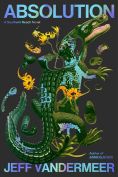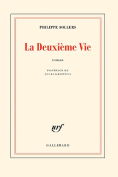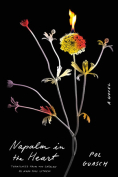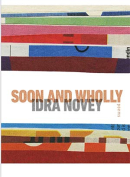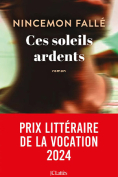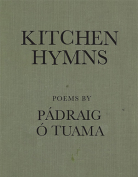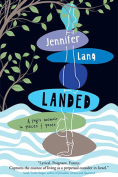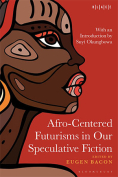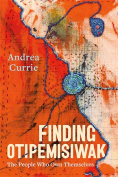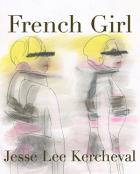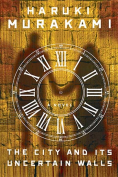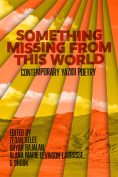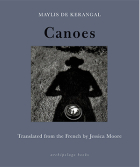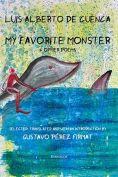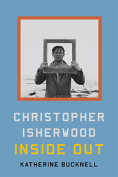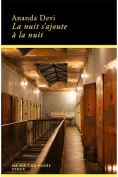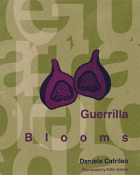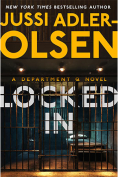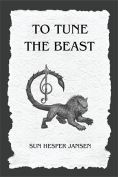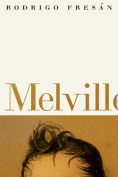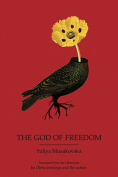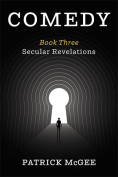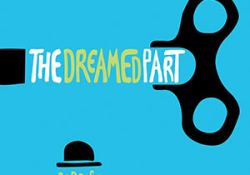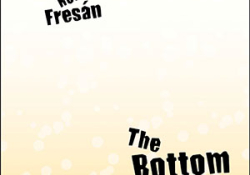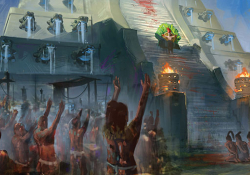Melvill by Rodrigo Fresán
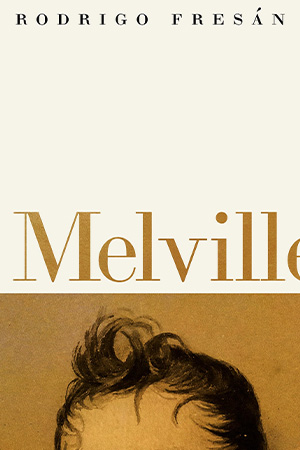
Rochester, New York. Open Letter. 2024. 360 pages.
Rodrigo Fresán is skeptical about the merits of fiction featuring famed, long-dead authors. In a previous novel, his narrator described such books as the literary equivalent of gossip. Lest the reader think Fresán himself doesn’t agree, he restates this characterization in his new novel’s acknowledgments. Which is interesting, because the book in which these words appear—Melvill—is a work of fiction about one of America’s greatest writers.
Why would the inventive Argentine turn to a form he sees as lacking, casting Herman Melville in a haunted yarn about the great mysteries of nature and human consciousness? The reason is prosaic: after completing a 2,000-page trilogy, he sought “something more focused,” Fresán writes. Indeed, Melvill is far less digressive than his earlier work. But it’s nonetheless challenging, an eccentric novel by a writer unconstrained by the rules of typography and temporal continuity.
Early on, we learn that Allan Melvill, Herman’s father, had something like a religious experience in 1831, when he walked across the frozen Hudson River. In Fresán’s telling, Allan, an unsuccessful businessman with mental health problems, spent the rest of his days raving about the “white delirium” of that December night. Fresán is keenly interested in what influence Allan, who died when Herman was twelve, might’ve had on his son’s life and work. In a section narrated by the mercurial Allan, he speaks of himself as a “hunter” and the frozen river as “a symbol symbolizing everything.” The occasionally repetitive prose, gamely translated from the Spanish by Will Vanderhyden, evinces Allan’s single-minded preoccupation with ice—and evokes one of literature’s best-known depictions of obsession: the white whale pursued by Ahab in Melville’s Moby-Dick.
Later, in a section narrated by Herman, Allan is something of a burden. Herman’s mother adds an “e” to their surname after Allan dies, apparently trying to confuse his creditors. Meanwhile, Herman himself is as unpredictable as his father, at least on the page. In a long footnote, Herman, who will outlive two of his children, tries to find an accord between countervailing strains of thought—to merge the intentionality of writing narrative fiction with the voices of the “ghosts” that haunt him. For the reader of Melvill, this means that the footnote’s small font becomes a large one in the most self-referential way imaginable, growing to “the same dimension and magnitude as the volume of the brief main text at whose feet I was born.” Herman’s disregard for narrative rules is a manifestation of his larger obsession with honing an original narrative voice—his own white whale.
In the novel’s most unaccountable development, Herman travels through time. In Lower Manhattan one day, Herman smells jet fuel and wonders, “What is an airport?” Pieces of paper, then people, rain down. He is, it appears, a witness to the 9/11 attacks. Take your pick as to what this means. Maybe it represents art’s frailty in the face of historical tragedy. Or perhaps it’s Fresán’s way of citing Melville as the writer who most clearly understood the relationship between hubris and tragedy. This would explain why, after knocking novels about real-life authors, he’s written one, a book that takes the subgenre to new, strange, and intriguing places.
Kevin Canfield
New York
